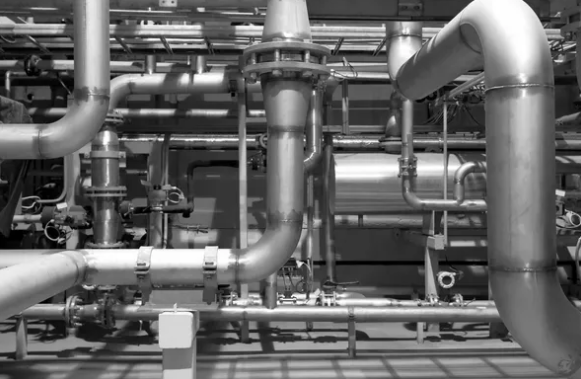
Decentralized wastewater treatment
Membrane Bioreactor (MBR) technology has revolutionized wastewater treatment, offering a powerful and sustainable solution to a critical global challenge. This innovative approach transcends traditional methods, delivering superior effluent quality while minimizing environmental impact.
Decentralized wastewater treatment
Unveiling the MBR Advantage:
At the heart of MBR lies its unique integration of biological treatment and membrane filtration. Wastewater is first subjected to biological processes, where microorganisms break down organic matter. Subsequently, high-tech membranes meticulously filter the treated water, removing even the smallest particles, including bacteria and viruses.
This two-pronged approach yields several key advantages:
Exceptional Effluent Quality: MBR systems consistently produce high-quality treated water, surpassing conventional methods in terms of clarity, purity, and freedom from contaminants. This allows for diverse effluent reuse options, such as irrigation, groundwater recharge, and even potential potable water sources after further treatment.
Compact Footprint: MBR systems occupy significantly less space compared to traditional wastewater treatment plants with large sedimentation tanks. This space-saving characteristic is particularly valuable in urban areas with limited land availability.
Enhanced Flexibility: MBR technology can be adapted to accommodate varying wastewater flows and compositions, making it a versatile solution for diverse applications, from small-scale residential systems to large-scale municipal facilities.
Improved Sludge Management: The high biomass concentration in MBR systems facilitates efficient sludge handling and disposal, minimizing environmental impact.
Beyond the Technical: A Sustainable Solution
MBR technology contributes significantly to environmental sustainability by:
Minimizing Water Pollution: High-quality effluent reduces the risk of water pollution, safeguarding aquatic ecosystems and promoting healthier water bodies.
Promoting Water Reuse: By producing high-quality treated water, MBR systems encourage water reuse practices, conserving precious freshwater resources.
Reducing Energy Consumption: While energy-intensive, advancements in membrane technology and system optimization are continuously improving energy efficiency.
The Future of MBR:
Ongoing research and development are pushing the boundaries of MBR technology, exploring:
Advanced Membrane Materials: Developing more durable, energy-efficient, and environmentally friendly membrane materials.
Automation and Artificial Intelligence: Integrating AI and automation to optimize system performance, enhance efficiency, and reduce operational costs.
Modular and Decentralized Systems: Developing smaller, modular systems for decentralized wastewater treatment, particularly relevant for remote communities and developing regions.
Conclusion:
MBR technology represents a significant leap forward in wastewater treatment, offering a sustainable and efficient solution to a critical global challenge. As research and development continue, MBR systems are poised to play an even more vital role in safeguarding water resources and promoting a more sustainable future for all.